
An international human trafficking gang have been ordered to pay back over £326,000 after an investigation by the South East Regional Organised Crime Unit (SEROCU).
Officials said there were six members of the organised crime group, four of whom were based in East Sussex.
It follows hearings in November 2019, earlier this month (June 2020) and the last two held last Monday (22).
After Proceeds of Crime Act (POCA) confiscation hearings, Alan Hoger, Kveta Conkova, Goran Ahmed, Bakhtyar Mohammed, Alan Salam and Cristinel Samson were ordered to pay back over £326,000 or face extensions to their sentences.
The leader of the Organised Crime Group, Alan Hoger, aged 34, of Kenilworth Road, St Leonards-On-Sea, East Sussex was deemed to have benefited in the amount of £544,018.91, and was ordered to pay back £247,690.00
Kveta Conkova, Hoger’s wife, aged 32, of Kenilworth Road, St Leonards-On-Sea, East Sussex was deemed to have benefitted in the amount of £51,980.00, but ordered to pay back £1, as she had no assets.
On 12 June, Bakhtyar Mohammed, aged 47, of Netherfield Road, Bolton was deemed to have benefitted in the amount of £137,919.79, and received a confiscation order of £43,799.00.
In November 2019, Goran Ahmed, aged 35, of Farley Bank, Hastings, East Sussex was deemed to have benefitted in the amount of £224,203.94, with a confiscation order of £22,735.00.
Alan Salam, aged 35, of The Rookery, Eastbourne, East Sussex was deemed to have benefitted in the amount of £33,803.25, and received a confiscation order for £3,380.00.
Cristinel Samson, aged 51, of Grimstone Avenue, Folkestone, Kent was found to have benefitted by £9,000 and received a confiscation order for the same amount.
The court directed that the sums must be paid within three months, or the group would face further prison terms, according to SEROCU.
Officials added that the judge made it clear that if they should come into assets in the future, these could also be made available to satisfy the order’s outstanding benefit.
Following a two and a half year investigation and criminal trials in 2018 and 2019, 13 individuals were convicted of offences including conspiracy to assist in unlawful immigration, money laundering and perverting the course of justice, which resulted in sentences totalling 45 years.
Detectives uncovered the network which specialised in facilitating the illegal movement of people from Iraq and the Kurdistan region into the UK.
Throughout the trials, the courts heard how the gang would use contacts across the UK, Europe and Asia to move people to a holding point; often in south-eastern France.
They were then taken by taxi to Belgium, where they would be hidden within lorries heading to the UK by ferry.
The victims would travel either in the lorry cab, on top of the cab in the wind deflector, or underneath the trailer on a pallet shelf.
If they were detained in the UK, they would immediately claim asylum and be released to UK family members, who had paid the organised crime group between £8,000 and £10,000 per individual.
If they were not caught, the lorry would take the victims to meet a UK-based member of the organised crime group at service station close to ferry terminal where they would be taken away in a waiting car.
The investigation, which was led by detectives from SEROCU, also involved colleagues from Sussex Police, Kent Police, Devon and Cornwall Police, West Midlands Police, Nottinghamshire Police, and UK Border Force.
Senior Financial Investigator David Chave said:
"The investigation does not stop with the conviction, and the Financial Investigators work towards trying to recover the benefit criminals receive from their offending.
"We will continue our investigation, and will work to identify any further assets in the future for these defendants to recover as much of their benefit as possible. Removing the money from criminality is an important tool in our efforts to disrupt criminals.
"We will continue to utilise every opportunity to use the Proceeds of Crime Act to deprive criminals of their ill-gotten gains."

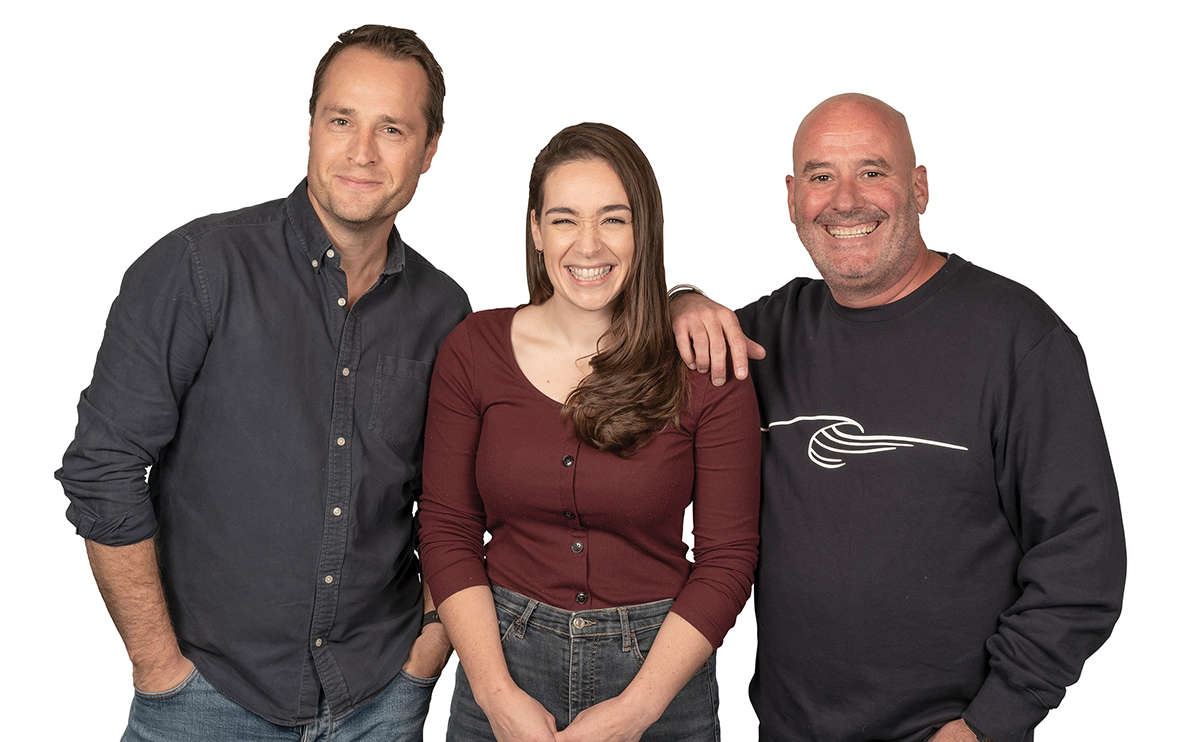
 Appeal Following Serious Collision In Portslade
Appeal Following Serious Collision In Portslade
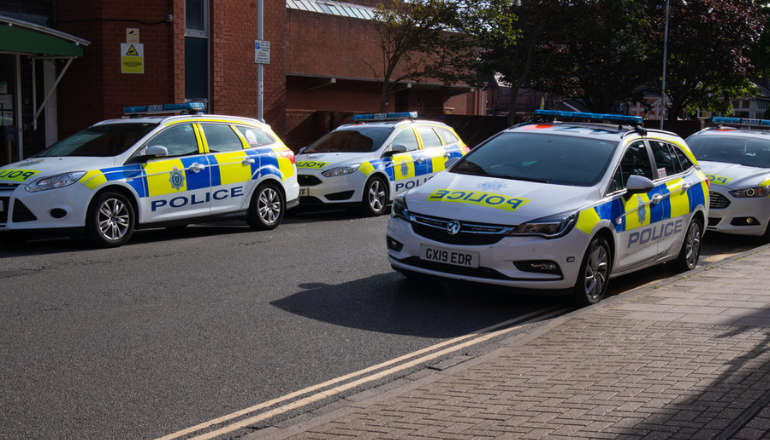 Boy, 15, Charged With Two Counts Of Attempted Murder
Boy, 15, Charged With Two Counts Of Attempted Murder
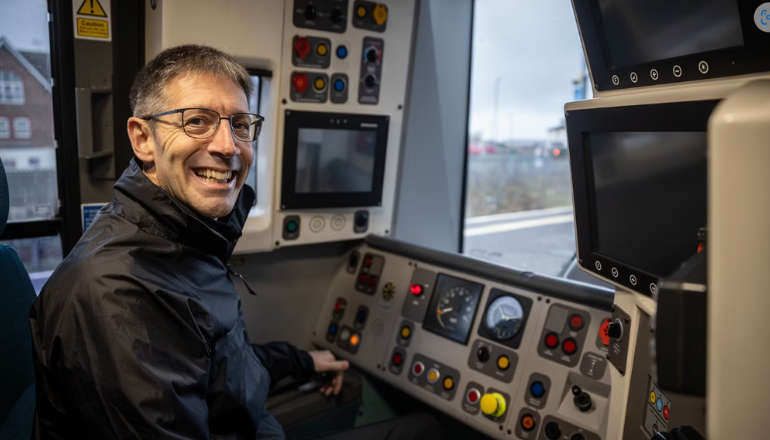 Meet The Southern Train Driver Magistrate Delivering Justice In Sussex
Meet The Southern Train Driver Magistrate Delivering Justice In Sussex
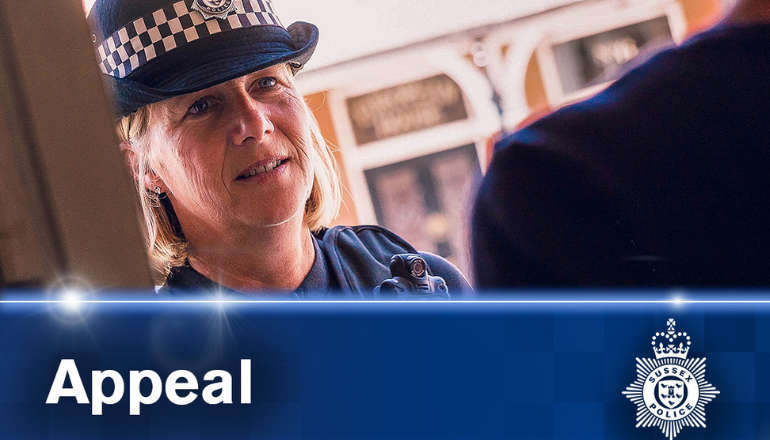 Witnesses Sought Following House Fire In Eastbourne
Witnesses Sought Following House Fire In Eastbourne
 University Of Brighton Recognised As Top Sports Education Provider
University Of Brighton Recognised As Top Sports Education Provider
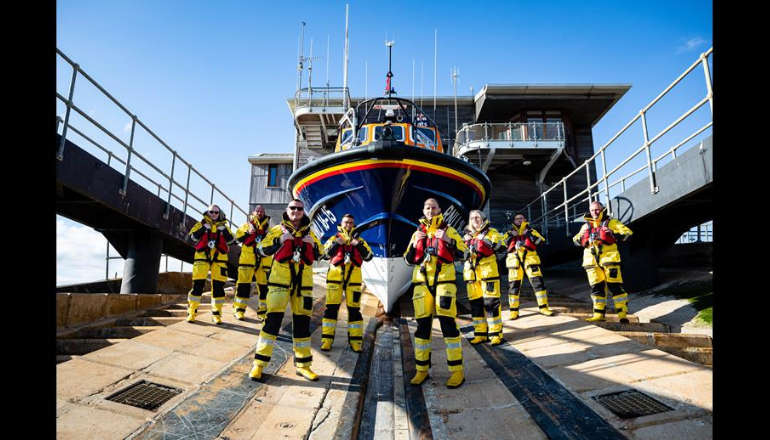 Shoreham Harbour RNLI Opens Recruitment For Boat Crew Volunteers
Shoreham Harbour RNLI Opens Recruitment For Boat Crew Volunteers
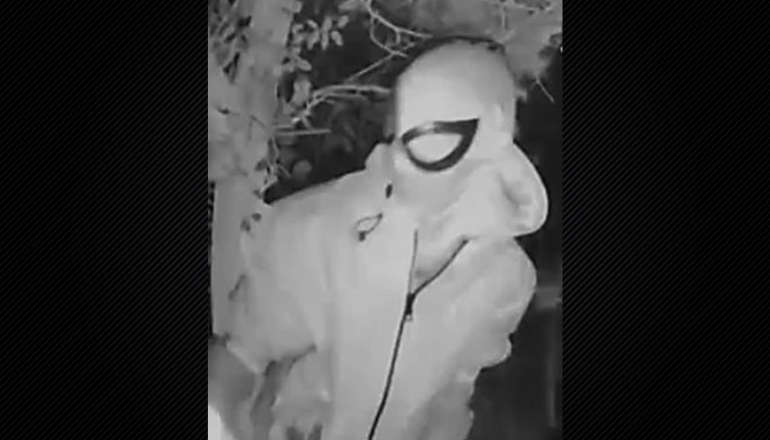 Eastbourne man admits stalking woman in Hailsham
Eastbourne man admits stalking woman in Hailsham
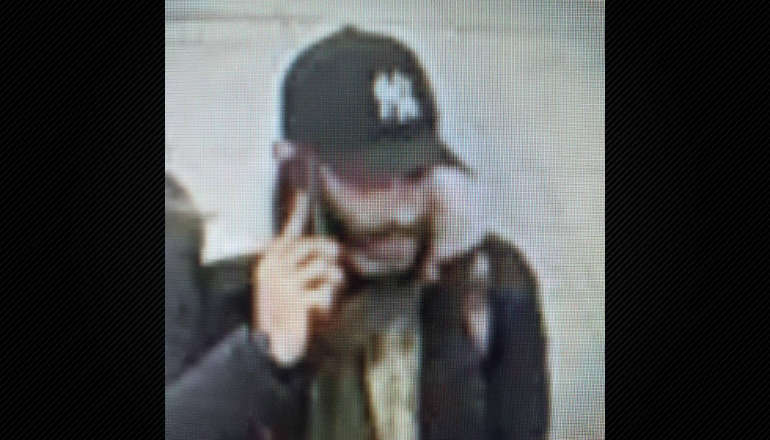 CCTV Appeal After Luggage Stolen From Gatwick
CCTV Appeal After Luggage Stolen From Gatwick
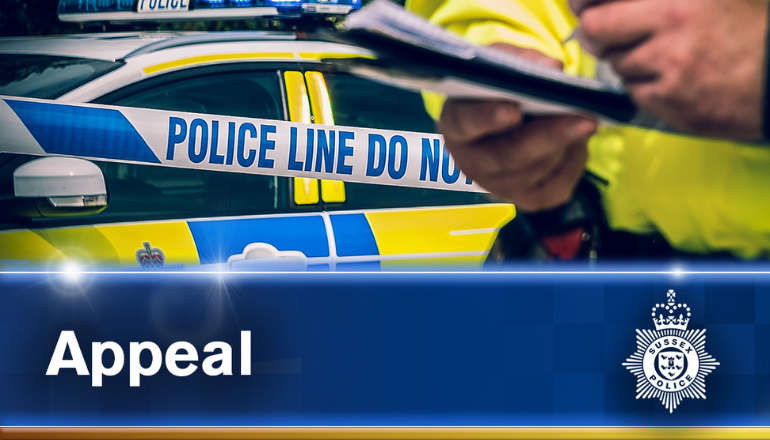 Appeal After Boy Seriously Injured In Firle Collision
Appeal After Boy Seriously Injured In Firle Collision
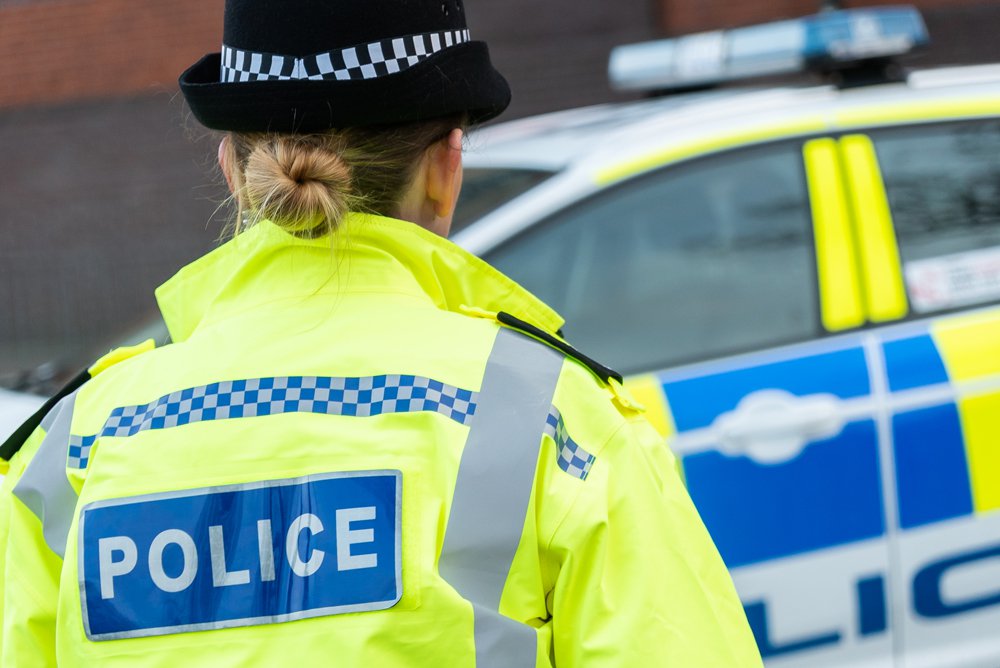 Boy Charged After Knife Incident On Brighton Bus
Boy Charged After Knife Incident On Brighton Bus
Comments
Add a comment